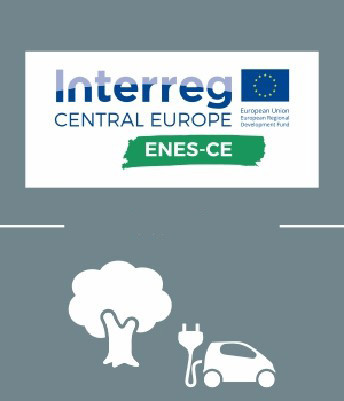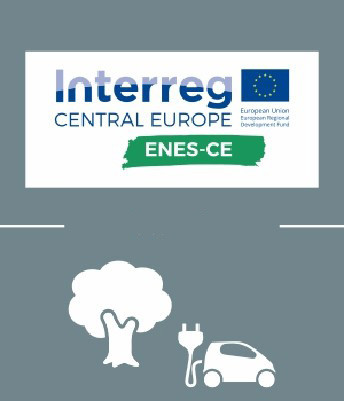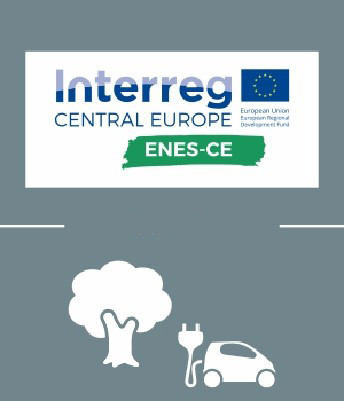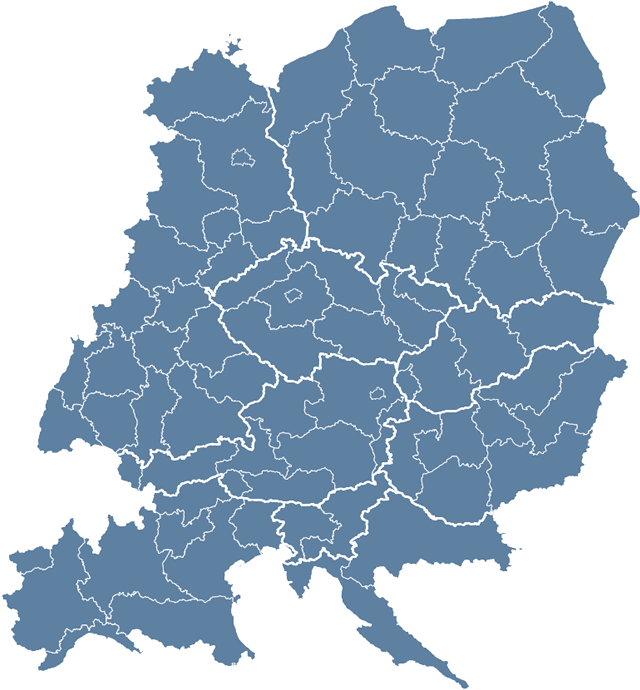The implementation of ENES-CE project included pilot actions in 6 CE regions. Final agreement on types of actions was outcome of joint cooperation established during several project workshops and meetings.
The aim of pilot actions was to raise awareness on energy and climate issues among citizens and other stakeholders and launch different types of investments (installation of PV power plant on kindergartens roof, modernization of public lightning, installation of battery swarm storage system for storing and realising electricity and climate clock – measurement instrument for CO2 emissions, energy refurbishment of bike storage facility), other citizen- participation actions (ecological education of citizens, eco-map, energy consumption monitoring system, public campaigns to promote responsible behaviour in various green topics, distribution of energy savings kits) including establishment of citizen energy groups/cooperatives in order to engage local communities in the process of fostering citizen energy and reducing CO2 emissions which is in line with project main goal.
Demonstration and experimental nature of implemented actions can be seen in concrete investments and established collaborations with citizens which will have a long-term effect in energy and money savings and will increase interest of general public for investing in RES projects in future.
Main challenges with whom PPs faced before and during mentioned actions implementation came out from certain regulatory barriers, active engagement of citizens and other stakeholders, technical issues and finally managing and financing green investments and actions.
All of pilot activities had a very strong awareness raising perspective about EE and reducing CO2 emissions. Implementation of the pilot activities in all countries provided an opportunity to develop cooperation skills among the stakeholders included, as well as knowledge transfer between different sectors and institutions. Since we talk about small investments, there is definitely a possibility to replicate them in different regions all across CE and show the concrete benefits of individual investments for local community.
Implementation of pilot actions resulted in many benefits for local communities, since all of them were selected by local governments, relevant experts and citizens who joint forces in identifying local needs and corresponding steps to launch selected pilot actions. Implementation of pilot actions regardless of their nature (soft activities or small investments) resulted in raised awareness and knowledge of local officials, general population, local companies and utilities and other relevant stakeholders.
In addition, local stakeholders have gained insights on possibilities how to reduce CO2 emissions and how to leverage achieved project results while planning future activities on local and regional level. Set of tools for public authorities developed within the project can be used to increase citizen participation in local energy planning which in long run will result in better citizen participation in defining local and regional policies and strategies.






